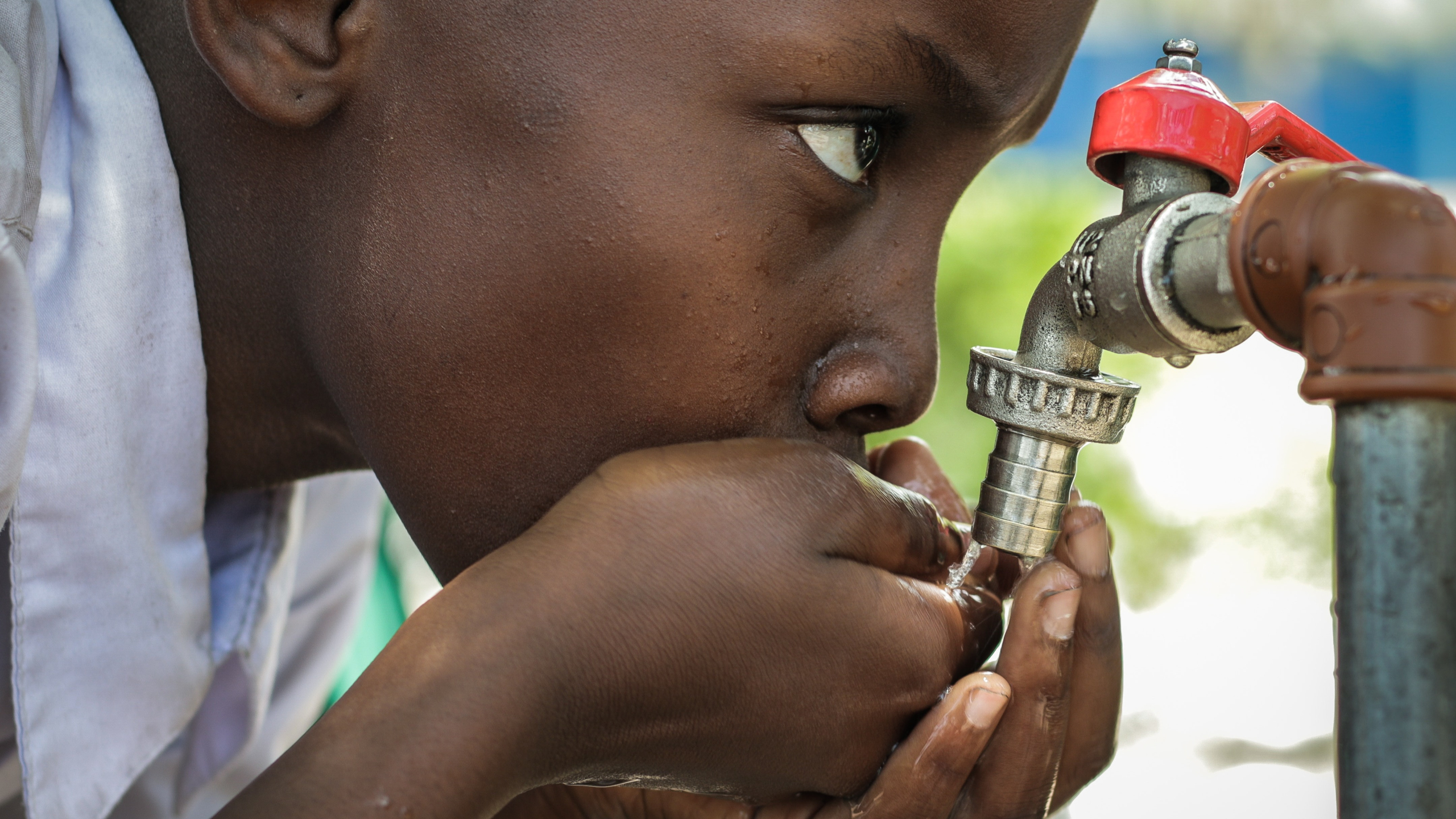UNICEF said in a report released on March 20 governments should work hard on addressing threats related to water, sanitation and hygiene (WASH) across the globe.
The Triple Threat report said WASH threats, diseases and climate change can create a deadly combination that haunts millions of children.
There are 600 million children worldwide who still lack access to safely managed drinking water, the report said.
The report also said 1.1 billion children lack safely managed sanitation and 689 million do not have access to basic hygiene services.
The top 10 countries that bear the brunt of the triple burden are all in sub-Saharan Africa, according to the report.
UNICEF said while the world has made progress increasing household access to basic drinking water and sanitation, the poorest, most vulnerable and marginalized communities are left behind.
The percentage of households with access to basic drinking water increased to 90 per cent in 2020 from 82 per cent in 2000, according to the report.
The report also said access to basic sanitation increased to 78 per cent from 56 per cent over the same period.
However, some countries in sub-Saharan Africa, such as Nigeria and Somalia, have less than 50 per cent access to either basic drinking water or sanitation services, according to the report.
UNICEF said population growth and urbanization are increasing the demand for water and creating water stress.
Areas prone to armed conflicts, like the central Sahel, are more vulnerable to water insecurities as there are increasing attacks on water facilities to forcibly displace communities, according to the report.
UNICEF said 58 water points in Burkina Faso were attacked in 2022, causing more than 830,000 people, more than half of whom were children, to lose access to safe drinking water.
The report also said climate change is causing more frequent droughts and creating huge water stress in vulnerable communities.
Climate-related shocks like strong storms and flooding could destroy water and sanitation facilities and increase the risk of waterborne diseases, the report said.
Unsafe WASH services are responsible for the outbreaks of waterborne diseases such as cholera, according to the report.
Almost all cases of cholera between 2010 to 2021 were from countries with the poorest WASH services, the report said.
UNICEF said unsafe WASH services are responsible for the deaths of 400,000 children under the age of five every year.
Diarrhea is the fourth leading cause of death among children under five globally, UNICEF said.
The report said one of UN’s sustainable development goals (SDGs) is to ensure access to water and sanitation for all by 2030.
However, UNICEF said at the current rate of countries’ progress, the world will only reach 81 per cent coverage of safely managed drinking water and 67 per cent for safely managed sanitation by 2030.
UNICEF said governments should scale up spending on WASH services.
They should spend US$114 billion per year, three times the current investment, to help development countries meet WASH-related SDGs by 2030.

